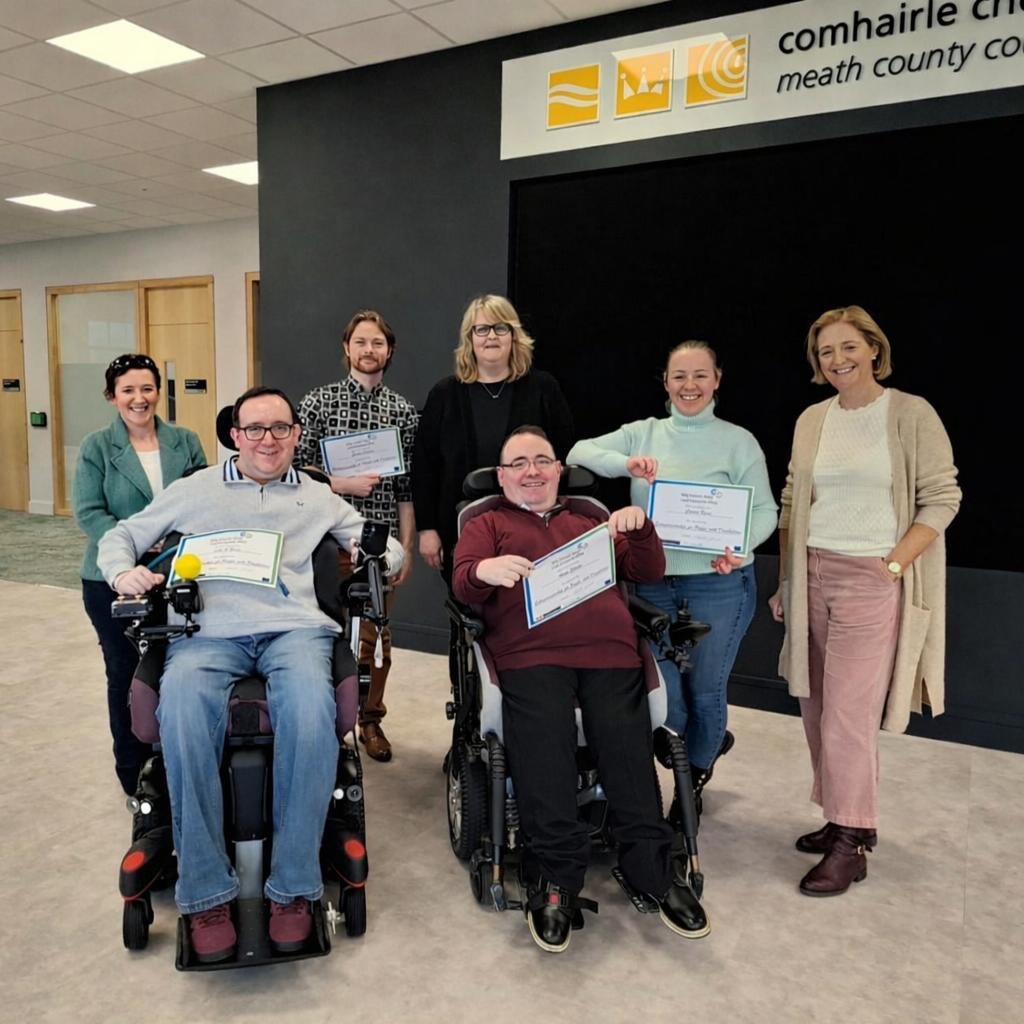Project will directly address regional skills challenges through a strategic cross-border skills partnership with Dundalk Institute of Technology (DkIT), Southern Regional College (SRC), Monaghan Institute and Cavan Institute.
Approximately €9.74 million in PEACEPLUS funding has been awarded to Southeast Higher Education/Further Education/Industry Cross-Border Alliance (SECBA).
The project, supported by PEACEPLUS, a programme managed by the Special EU Programmes Body (SEUPB), will encompass the South-East region of Northern Ireland and the border counties of the Republic of Ireland.
The collaboration, which will commence this year, will be led by Dundalk Institute of Technology (DkIT) in collaboration with Further Education partners Southern Regional College, Monaghan Institute and Cavan Institute, in addition to industry in the project area, and is designed to transform the region, strategically bridging the gap between educational outputs and industry’s evolving needs.
The project will directly address regional skills challenges through a strategic cross-border skills partnerships with three DkIT Schools- Informatics and Creative Arts, Health and Science and Business and Humanities, and the Institutes of Further Education.
SECBA will develop and implement an area-based skills strategy that aligns with both national and sub-regional government strategies, while catering to the specific needs of local industries and the public participants. This initiative is expected to significantly boost employability, reach out to under-represented groups, spur innovation, and stimulate sectoral growth, aiming to improve cross-border labour mobility. SECBA will also develop an employer-focused brand for employers to ensure it meets their needs.
A Cross-Border Skills Strategy will be established encompassing three clusters. These include;
- a Software Development Cluster, focusing on enhancing software development skills across borders by integrating cutting-edge technologies such as AI, machine learning, and cloud computing,
- a Biopharmaceutical Cluster, including specialised training in areas identified by the biopharmaceutical industry and future skills needs recently identified in the Skills for Biopharma report,
- a Business and Sports Cluster, focused on developing essential management skills relevant to both business and sports contexts, in addition to focused sports upskilling. Dr Patricia Moriarty, Head of School of Business and Humanities outlined her appreciation of the funding of the project which will facilitate upskilling in the cross-border region and looks forward to working closely with industry colleagues.
The jointly developed strategy led by industry experts will be translated into actionable steps that outline specific initiatives for skills development and employment security in the region and cluster areas. The project will concentrate on equipping the workforce with skills to address the immediate needs of businesses and mitigate employment risks due to technological advancements.
Educational Pathways will be implemented through structured educational levels from basic to advanced skills, including Return to Education (ROI NFQ Level 4, NI Level 2), Fundamental Skills (ROI NFQ Level 5, NI Level 3), Introductory Skills (ROI NFQ Level 6, NI Level 4), and Advanced Skills (ROI NFQ Level 7-9, NI Level 5-7).
Bridging 2+2 will also be implemented, enabling students performing a Level 6 (NI Level 4) programme in one of the SECBA partner FE institutions to perform an additional 2 years in DkIT and obtain a Level 8 (NI Level 6) qualification and a new work-based degree shall be developed for the Biopharmaceutical sector.
SECBA will deliver tailored training for 2,459 participants, offering a new cross-border “SECBA Certificate,” updating curricula with key topics, and forming industry-academia partnerships for real-world innovation, benefiting participants, local industries, educational institutions, and the broader regional economy.
SECBA will introduce cutting-edge subjects into traditional education, establish an industry-education feedback loop, and embrace a collaborative governance model with clear cross-border efforts. The project’s strategy and cross-border collaboration will set a new benchmark for regional development.
Governance measures ensure transparent and effective management, supported by the PEACEPLUS Programme for cross-community collaboration and resource efficiency. With a focus on both businesses and minority communities, SECBA aims to address immediate industry needs while fostering long-term regional growth and competitiveness.





